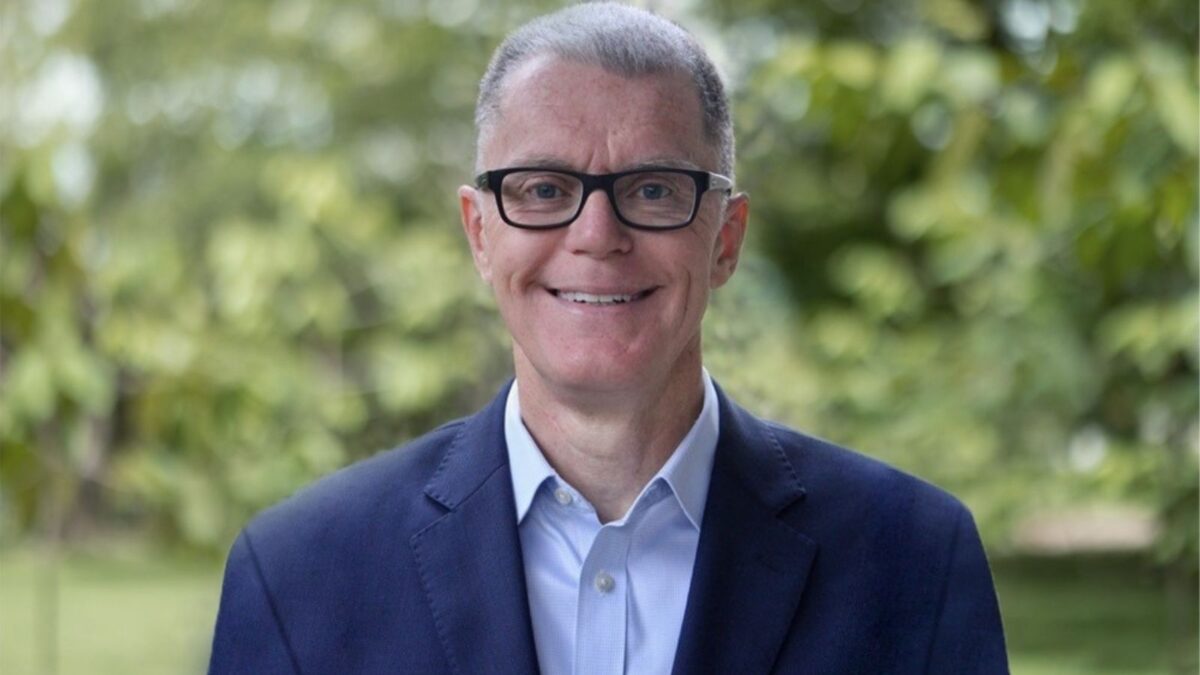Employees get savvy about mentally healthy workplaces
There is a growing expectation from employees that their workplaces need to be “mentally healthy”, with most likely to leave if it is not, according to a survey for the annual ‘Work in Progress’ report by SuperFriend.
The report measures the current state of mental health in Australian workplaces, rating organisations against 38 “desired state characteristics”, which have been developed by SuperFriend.
The mental health body, which is owned by 21 big super fund “partners” and backed by eight group life insurers, focuses on creating mentally healthy workplaces to reduce the incidence of suicide and the impact of mental illness on both individuals and organisations. The chair is Damian Hill, the chief executive of REST Super.
SuperFriend surveyed more than 1000 Australian workers, including business owners, managers, and staff for the latest report.
The study revealed that nearly half of all respondents have left a job because of a poor mental health environment, indicating that there is a growing expectation that workplaces promote positive mental health. This was reinforced by only 17 per cent of respondents saying that if they were not in a mentally healthy workplace they would “stay and try to improve the situation”. This is a decrease from 30 per cent in the previous survey, and one of the biggest shifts recorded.
Margo Lydon, SuperFriend’s chief executive, said employers stood to benefit from improving the mental health of their workplace, with proven productivity, talent retention and long-term cost benefits.
“Three in four employees surveyed believe their company is more likely to recruit and retain the best talent by adopting mental health practices and initiatives,” she said.
“When you compound this with the increased productivity of mentally healthy workers, the reduced numbers of worker’s compensation claims and fewer absences – it is obvious that mental health is a worthwhile investment.”
Separate research by SuperFriend showed that for every dollar invested in mental health and wellbeing training, it is calculated that there is a return in social value of between $3.10 – $3.60.
But mental health awareness and prevention was still a “work in progress”, Lydon said.
“Employers are more likely to invest in intervention rather than prevention and there needs to be a shift in this mentality if companies are going succeed in creating healthier environments for their employees.
“While intervention procedures, such as Employee Access Programs, are undoubtedly important, preventative measures including mental health policies, training to support managers and staff, adopting flexible work arrangements, recognition programs, and fostering a friendly team environment can actually be more effective. These preventative measures can also benefit every worker, irrespective of whether they are experiencing mental health problems.
“Interestingly, the Work in Progress report highlighted that workplace civility and common courtesy are leading indicators of employee workplace satisfaction. This includes the most simple of gestures – being greeted in the morning with a smile, or receiving a thank you on the completion of work.”
The report found the most successful workplaces were investing in mental health prevention through mental health and wellbeing training, wellbeing policies, managerial training, and aligning mental health best practice with people management practices.









